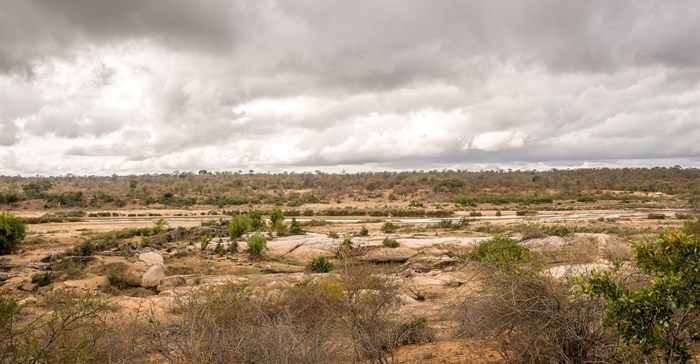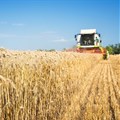In the agricultural landscape, many producers often find themselves traversing through rough seas which, contrarily, has nothing to do with choppy or flowing waters.
During a recent webinar hosted by Agri SA, the apparent development of an El Niño event and the impact it could have on the South African agricultural sector, was discussed. The potential of self-assurance was also looked at, and the role it could play in mitigating financial risks which are associated with this climatic phenomenon.
Prof Willem Landman, a meteorologist from the University of Pretoria, outlined details of an El Niño situation which appears to be afoot and is expected to present itself later this year. After three consecutive La Niña events, abnormally warm sea temperatures are currently observed over a large area of the Pacific Ocean. According to Prof Landman, it is important to know that El Niño and La Niña events are specifically used to refer to the occurrence of weather, atmosphere and ocean events. It is thus not a reference to droughts or good rainfall, but something that happens over the central Pacific Ocean.
The conditions in South Africa will not suddenly change due to El Niño, but it is coming and is predicted to be a moderate to strong, but not a very strong event. For producers, the probability of an El Niño event occurring will possibly mean below-normal yields. However, Prof Landman cautioned producers not to base their farming decisions entirely on forecasts and to farm more conservatively by saving a fixed amount of money every year and investing a fraction of the initial investment which will lessen the impact of decisions based on poor forecasts.
David Ubilava 17 Jul 2023 Multi-peril risk policies
Over time there have been numerous changes in the insurance industry and it has become necessary for insurers to offer different products to their clients. This has especially been seen in the agricultural sector where insurers over time have withdrawn some of the perils and benefits, they have offered in the past.
“For that reason, it leaves their clients exposed to those dangers with a very challenging scenario of making alternative plans to protect themselves against risks such as climatic and environmental risks,” said André Ferreira, an industry specialist and the Eastern and Northern Cape Regional Manager at Santam.
The Santam Specialists Division specialises in a product that is part of the alternative risk transfer market and clients can build up their insurance capacity within an insurance contract. Then, as time goes by, contribute premiums towards their insurance policy, building it up and over time have an insurance contract that will help them overcome difficult times.
"Other than the conventional market, it works quite differently in the sense that our clients contribute a premium that covers most of the peril,” said Ferreira. “In return, they will be insured and take part in the risk transfer of 25%. The big difference is, after the policy has reached a maturity date, the Santam Specialists Division will share a large portion of the underwriting profit with the owner of a contract.
"If a client wants to take this route, they must apply excellent risk management practices within their business to keep the loss ratio on the low side. These are usually producers who are looking for better value for money on alternatives, and to build up insurance capacity over the long and short term to serve as protection against losses."
Referring to Prof Landman’s presentation, he elaborated on the volatility of the agricultural sector and how quickly a situation can change. “That is why it is so important for individuals in agriculture to consider the risks and ways to prepare themselves for eventualities,” he concluded.
In summary, the multi-peril policy:
• Forms part of the Alternative Risk Transfer Insurance market.
• Provides bespoke insurance solutions, covering a wide range of risks.
• Enhances/complements insurance programmes.
• Enables the insured to create insurance capacity/risk-bearing capacity more optimally over the medium to long term.
• Rewards clients that maintain continued good risk management practices.
As a sheep producer in the Northern Cape, vice-president of Agri Northern Cape, chairperson of Agri SA’s Natural Resources Centre of Excellence and vice-chairperson for Agri SA’s Disaster Relief Foundation, Willem Symington gave some closing remarks on the discussion. He remarked especially on the encouraging factor of efforts being made in the private sector, agricultural sector and academic branch of society to get a better understanding of the climatic effects on agriculture in the country and endeavouring to enhance sustainability and profitability in the agricultural sector.







































